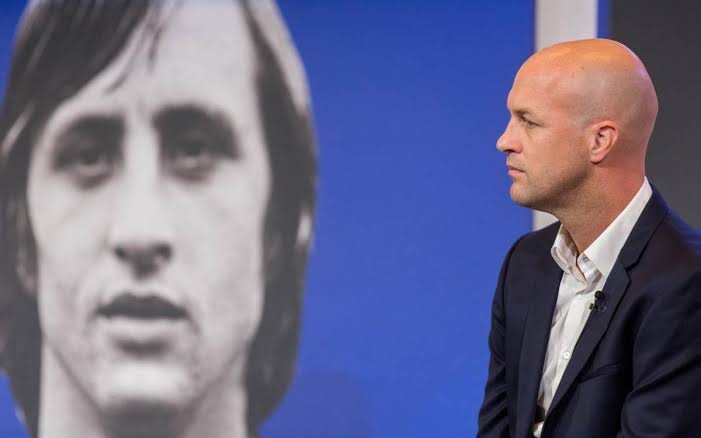
Jordi Cruyff, the son of legendary footballer and coach Johan Cruyff, recently opened up about his father’s extraordinary football intellect, referring to him as a “crazy genius” during an interview. Reflecting on his father’s legacy, Jordi shared intimate anecdotes and insights that highlight Johan Cruyff’s innovative approach to the sport and his profound impact on football’s evolution.
Johan Cruyff, renowned for his time as a player at Ajax and Barcelona, and later as a revolutionary coach, was known for his unique perspective on the game. Jordi emphasized that his father’s genius was rooted in his ability to see football differently. “He had a vision that was ahead of its time,” Jordi explained. “He could see patterns and possibilities on the field that others couldn’t. It was almost like he was playing chess while everyone else was playing checkers.”
One of the key aspects of Johan Cruyff’s approach was his emphasis on total football, a philosophy that prioritizes fluid movement and positional interchange among players. Jordi recounted how his father would meticulously analyze matches, always searching for ways to outsmart the opposition. “He was obsessed with the details,” Jordi said. “He would watch games over and over, not just to see what went wrong but to understand what could be done better. His mind was constantly working, always looking for that edge.”
Jordi also shared personal stories that illustrated his father’s relentless drive for perfection and innovation. “I remember when I was a kid, he would draw diagrams and formations on napkins or any piece of paper he could find,” Jordi recalled. “He was always thinking about football, even during family dinners. It was both inspiring and, at times, a little overwhelming. But that was his passion, and it was infectious.”
Despite his father’s intense focus on the game, Jordi emphasized that Johan Cruyff never lost sight of the human element of football. “He believed that football was not just about tactics and strategy but also about creativity and expression,” Jordi noted. “He encouraged players to be themselves on the field, to take risks, and to enjoy the game. He saw football as an art form, and he wanted his players to be artists.”
Jordi also highlighted his father’s impact beyond the pitch, noting Johan Cruyff’s commitment to education and community. “He started the Cruyff Foundation to help children through sports, believing that the values learned on the field could translate to life off it,” Jordi said. “He was passionate about giving back and making a positive difference in people’s lives.”
In conclusion, Jordi Cruyff’s reflections paint a picture of Johan Cruyff as a visionary whose “crazy genius” transformed football. His innovative ideas, meticulous attention to detail, and deep love for the game have left an indelible mark on the sport. As Jordi aptly put it, “My father’s legacy is not just in the trophies he won but in the way he changed how we think about football. His genius was in his ability to see the game in a way that no one else did, and that will always be remembered.”

